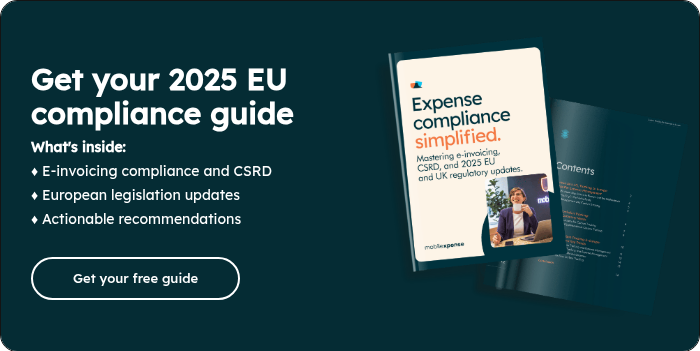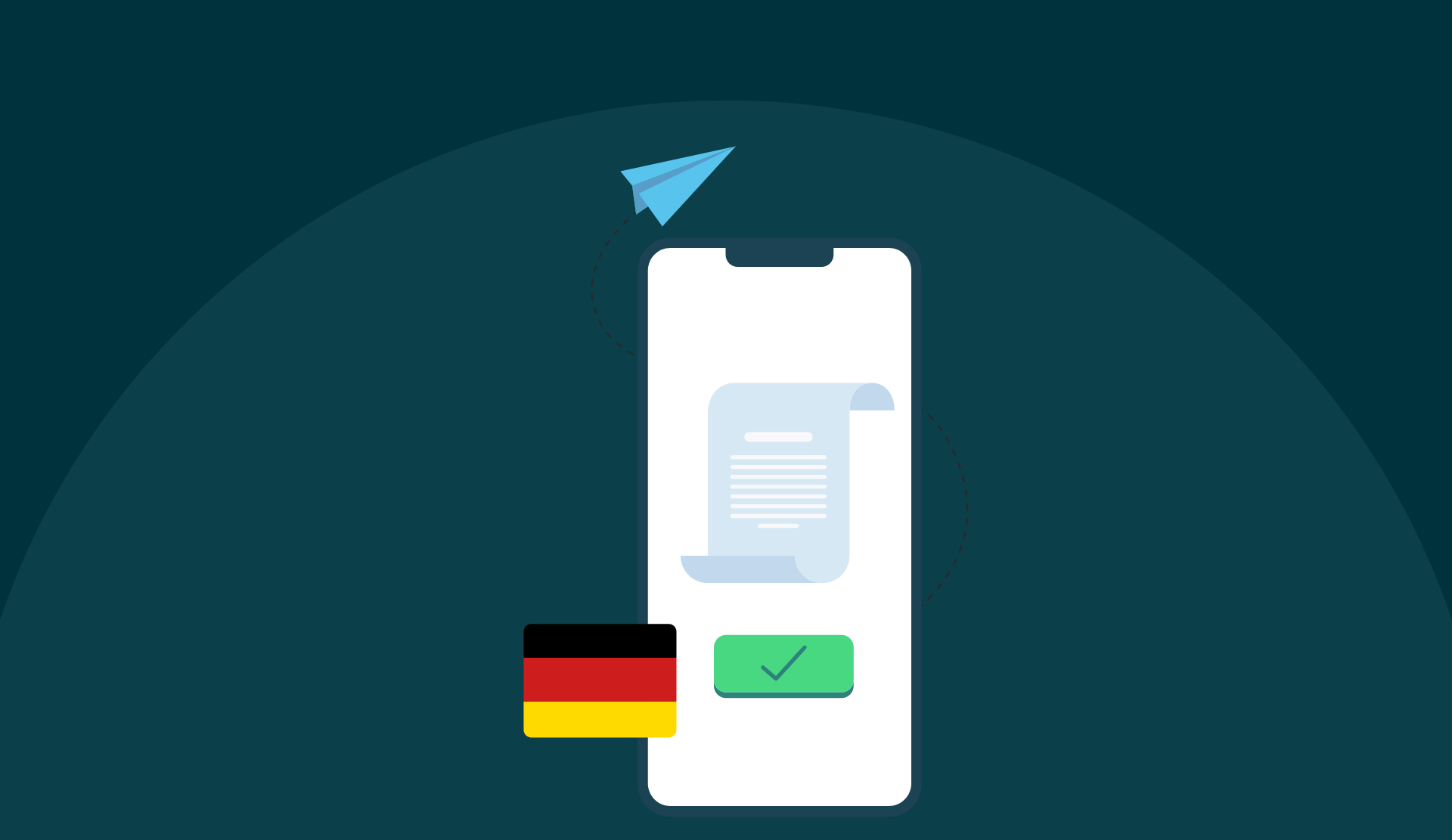VAT Rates, Daily and Mileage Allowances and Paperless in the Netherlands
97
VAT rates in the Netherlands
The Netherlands imposes Value Added Tax (VAT) at different rates as follows for various goods and services
1. Standard rate - 21%
The standard VAT is applicable to all taxable goods and services, except when a specific measure allows for a reduced rate.
2. Reduced rate - 9%
Foodstuffs; some soft drinks; water supplies; domestic passenger transport (excluding air travel); intra-community and international road, rail and inland waterway passenger transport; books (including e-books); newspapers and periodicals; admission to cultural events; hotel accommodation; restaurants (excluding alcoholic beverages); take away food; admission to sports events; use of sports facilities.
3. Zero rate - 0%
Taxation of gold coins; intra-community and international passenger transport by air and sea.
Source: https://business.gov.nl/regulation/vat/
Daily allowances in the Netherlands
Employees of public organisations may receive per diem allowances to cover business travel expenses in the Netherlands and abroad.
Commercial companies can apply the same rules and rates as those set out for public employees.
When done this way, per diem allowances are not considered as excess salary and are therefore not taxable for the employee. If higher allowances are paid, however, the amount in excess of that defined below will be taxable.
Domestic daily allowance
Per diem allowances are foreseen to cover meals, incidental expenses and overnight accommodation in the amounts set below:
| Incidental expenses | Net | Tax | Gross |
| Daily small expenses | €6,56 | €0,79 | €7,35 |
| Evening small expenses | €13,12 | €8,80 | €21,92 |
| Meal expenses | Net | Tax | Gross |
| Breakfast 06:00 to 09:00 | €16,07 | ||
| Lunch 12:00 to 14:00 | €12,97 | €9,22 | €22,19 |
| Evening meal 18:00 to 21:00 | €32,56 | €1,01 | €33,57 |
| Accommodation without breakfast | €162,74 | €1,78 | €164,52 |
Conditions:
The following conditions should be met for an employee to be paid a domestic per diem.
-
The business trip must last 4 hours or more.
-
The evening meal allowance applies only for overnight trips. The full evening allowance can be paid only for the first eight consecutive evenings. For the following evenings, the employee will receive half of the stated evening allowance.
-
Meal and accommodation allowances are not due if meals and accommodation were provided to the employee and paid for by their employer or by a third-party.
Foreign daily allowance
Tax-free per diem allowances may be paid to employees travelling abroad for business to cover meals and incidental expenses. Hotel expenses should be reimbursed against valid receipts. Allowance rates vary depending on the country of destination.
The breakdown of components in the per diem allowance are as follows:
Incidental expenses
-
1.5% of the country rate multiplied by the number of hours
Meal allowances apply only if the meal falls entirely within the hours of duration of the business trip:
-
Breakfast from 06:00 to 08:00 - 12% of the country rate
-
Lunch from 12:00 to 14:00 - 20% of the country rate
-
Dinner from 18:00 to 21:00 - 32% of the country rate
Hotel expenses
Hotel expenses in the Netherlands are reimbursed based on the hotel invoice amount but should not exceed the rates specified as maximum hotel rates.
If the employee does not have the hotel invoice they may receive an allowance of €11,34 per night.
Source: bedragen-cao-rijk-2024-2025-per-1-januari-2026.pdf
The maximum tax-free mileage allowance in the Netherlands is set to €0,23 per kilometre regardless of the vehicle.
If the allowance exceeds €0,23 per kilometre, the Dutch Tax and Customs Administration (Belastingdienst) will consider any amount in excess as additional taxable income for the employee receiving it.
Source: https://business.gov.nl/staff/personnel-costs-and-salary/paying-your-employees-travel-allowance/
Electronic archiving and retention period in the Netherlands
All invoices you send or receive are kept in your records. This is mandatory, because we must be able to check your administration. You save the invoices in the form in which you sent or received them. Digital invoices are therefore not printed, but stored digitally. You keep the invoices for 7 years. Invoices about real estate should be kept for 10 years.
You can also scan invoices and receipts and store them digitally. However, there must be a correct and complete representation of the original. It is important that the security features are also stored. You can read this in the brochure Your computerized administration and the tax retention obligation.
If you meet the conditions, you do not need to keep the original invoices and receipts. This digital administration must also be kept for 7 or 10 years and be verifiable within a reasonable period of time.

Share this
Looking for more?
Explore our recent blog posts

5 Signs You Need an Alternative to Bank Cards for Expenses

Per Diem Rates Table 2026 for Germany and International Travel
/Listing%20Images/The%20rise%20of%20AI%20+%20ML_Listing%20Image.png)
8 Key Things to Consider Before Adopting an Expense Solution in 2026
/Listing%20Images/Higher%20Tax-Free%20Mileage%20Allowance%20From%202023%20in%20the%20Netherlands%20%E2%80%93%201.png)

